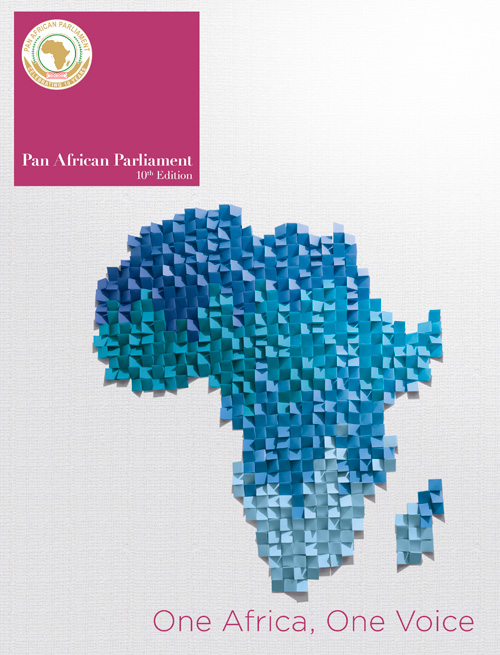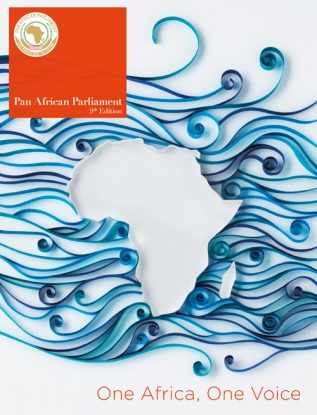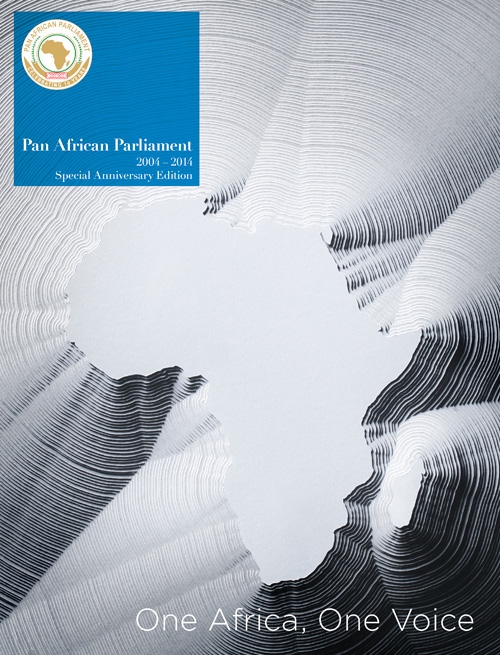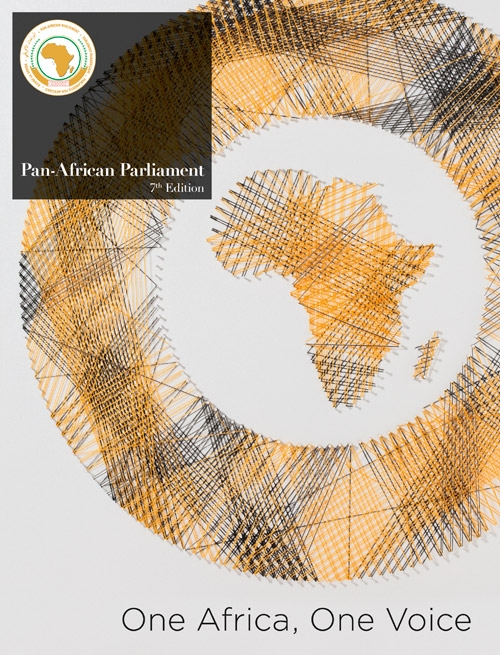
The range of participants at the African Eduweek Conference, held in South Africa in July, gives a good indication of the international companies and potential investors that are exploring the possibilities of engaging with African states on education. Exhibitors at the conference included internet and communications firms such as Samsung, Microsoft and Dell, publishers including Cambridge University Press, and firms that operate private schools, notably Pearson, among the world’s largest education-related entities.
This shows how the private sector has become increasingly involved in the operation of schools and the formation of educational policies worldwide. This process is now taking place throughout Africa, as it had in recent years across many parts of South and East Asia.
While the needs of the primary, secondary and higher education sectors are relatively distinct, African leaders are likely to agree that their states could expand educational provision and uptake in these sectors. Significant improvement has occurred over the last two decades, as fees for state primary education have largely fallen away and the reach of government networks has increased.
Unesco estimates that primary-level enrolment ratios have increased by around 30% over the past decade, while the educational gender gap has been narrowed and continuations to high school have increased.
But major problems remain. There are big differences between individual states but, on average, the picture leaves a lot to be desired. More than 20% of sub-Saharan Africa’s children of primary school going age were going without schooling in 2011, said Unesco. Meanwhile the number of adults without basic literacy has increased by 37% since 1990, largely because educational provision failed to keep pace with population growth.
Globally it has been estimated that a US$38 billion shortfall currently exists between the finances available to governments and the total amount needed to provide universal primary education. This shortfall may increase for countries that rely on donor funding, which has been cut back significantly in recent years.
It is estimated that donor provisions for education in sub-Saharan Africa have fallen by 7% since 2010. There is therefore scope for the private sector to partner with government to help expand education in Africa. A recent report from the Brookings Institute, a US think tank, argues that there are several reasons for the private sector to get involved. Improved education has a direct influence on the future success of companies, giving them access to an enlarged pool of talented recruits. Using data from India, Brookings analysts calculated that each dollar invested by a company in education returned US$53 in value when those educated reached employment age. New approaches to corporate involvement in social services have also emerged in recent years, allowing this participation to be pitched as an attractive investment to shareholders.
Business are looking to get directly involved in low-cost, for-profit private school education
Much activity is underway beyond the established network of transnational agencies that co-ordinate donor funding towards education. Companies in Africa continue to build or fund schools, or agencies effectively facilitate this sponsorship.
Successful examples include the Adopt-a-School Foundation in South Africa, a non-profit organisation that is the middleman between schools and companies. A school approaches the foundation, which conducts an assessment of its particular needs in conjunction with the Department of Basic Education, before it brokers a meeting with the corporate. A formal agreement is then set up between the company and school.
Meanwhile some business are looking to get directly involved in low-cost, for-profit private school education in Africa, broadly following a model that has recently seen dramatic growth in the US, UK and India. An example is the rapid expansion of Bridge International Academies in Kenya, which has built around 300 ‘school-in-a-box’ academies, including 90 in the five months to May 2014.
The company constructs, on average, one school every 2.5 days. Bridge now provides schooling to about 100 000 Kenyan children daily, charging an average of US$6 per month in fees.
Some have criticised the company for its strict scripted teaching, and because a parallel private system may run the risk of undermining state provision. But Bridge says its methods have resulted in pupils scoring, on average, 35% higher in core reading skills, and 19% more in basic maths compared to government schools, based on independently administered exams. The company plans to expand to other African states and globally, aiming to educate 10 million children by 2025.
Private schools represent a small proportion of total facilities in Africa and have traditionally catered to wealthier families. A World Bank study shows that state schools make up 74% of all primary and secondary education facilities in sub-Saharan Africa, with 14% comprised of faith-based private schools and 12% of secular private schools. But these ratios look set to change, given the unparalleled growth of the Bridge academies and similar groups.
This certainly seems to be the view of Pearson, the multinational educational business that runs schools, publishes textbooks and also owns the Financial Times and the Economist. The company has taken a significant minority stake in Bridge International Academies, and has started a US$15 million fund to invest in other private schools in Africa and Asia. In 2012, Pearson acquired a stake in the Omega Schools group in Ghana, another low-cost private initiative that operates a ‘pay as you learn’ system, charging an all-inclusive fee of around US$0.65 per day.
Businesses are also partnering with government to provide specific services, such as internet and ICT. As part of a consortium operated by Nepad, US-based Cisco Systems has invested around US$3.5 million in installing ICT facilities at secondary schools in Algeria, Ghana, Mauritius, Rwanda, Senegal and South Africa, with donations of equipment to other African states. Chinese tech company Huawei has donated in-school communications equipment valued at US$100 million to Ethiopian schools. This is one of many educational partnerships as a result of Chinese expansion into Africa. The Chinese National Petroleum Corporation has also built and maintained 35 schools serving 70 000 pupils in Sudan.
Perhaps the most ambitious ICT plans come from Google, which said it would explore ways to provide universal internet coverage in Africa to promote education. Google’s apps for its business productivity software suite are already being provided free to schools and universities in Rwanda and Kenya.
Handset maker Nokia has won publicity through the success of its free MoMaths service in South Africa, which is used as a supplementary method to master maths problems via a mobile phone handset, and is increasingly being used by students. After refining the service in consultation with South Africa’s Department of Science and Technology, the company now plans to extend MoMaths to other African states, including Nigeria, Senegal and Tanzania.
The greatest gains have come from improvement in state education, although this has been very uneven
These are not the only examples of the growth in partnerships between private companies and state education systems on the continent. Similar activities exist in most African countries. In the higher-education sector a great deal of recent activity has been driven by the expansion of distance-learning partnerships with private universities in countries such as the UK, France, Australia and the US.
Nor are the most important developments in African education taking place in the for-profit sector. The greatest gains over the past decades have come from improvements in state education, although this has been very uneven across the continent. The rapid expansion of low cost, for-profit private school operators is a relatively new development, as is the widespread installation of educational ICT infrastructure in some countries.
Both developments have the potential to transform the schooling landscape by increasing access to education and improving its quality, a strong desire of many people in Africa. But, as the debate about charter schools in the US and academies in the UK has shown, people and politicians are yet to agree on the best working relationship between the private sector and national educational goals. Africa’s educational leaders will need to follow these debates closely and without deference to ideology, choosing whatever can bring the best quality education for most people – regardless of their location or social status – and at the lowest cost for all.







